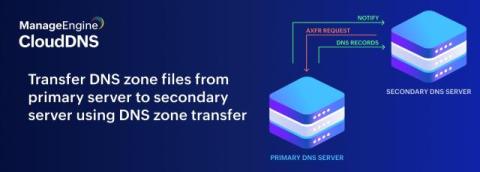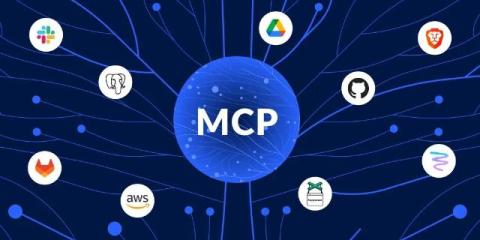4 Features of Analytics Platforms That Drive Data-Driven Success
Data is the backbone of every successful business decision. But collecting data is only half the battle. The real challenge is making sense of it and turning it into action. That's where analytics platforms come in. These tools go beyond tracking numbers- they reveal real-time insights that help businesses grow faster and smarter. The best platforms offer advanced features that show you more than just page views. They connect the dots between user actions, devices, and channels. If you're looking to make data-driven decisions that actually move the needle, this article is for you.











